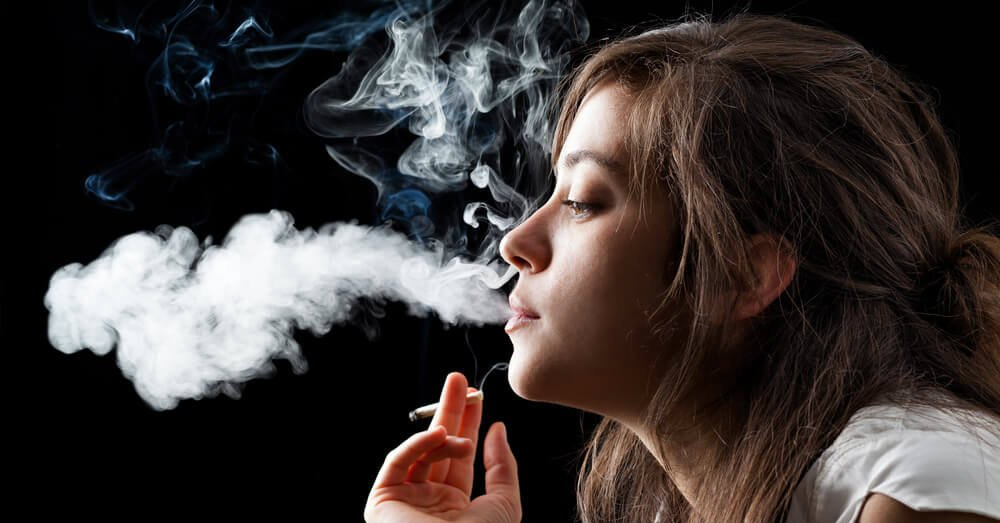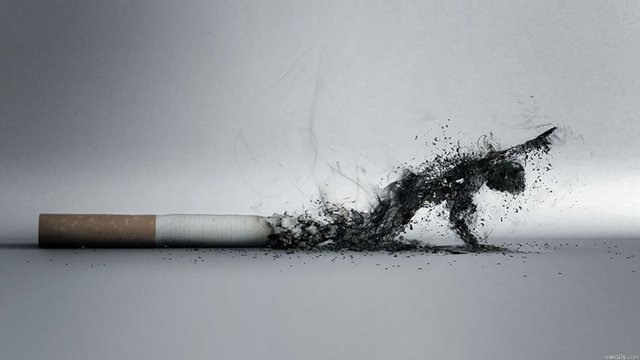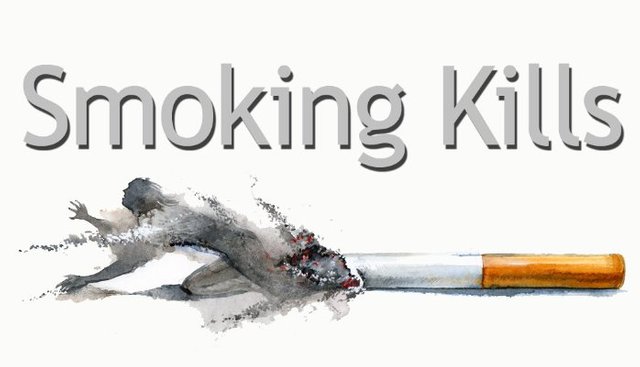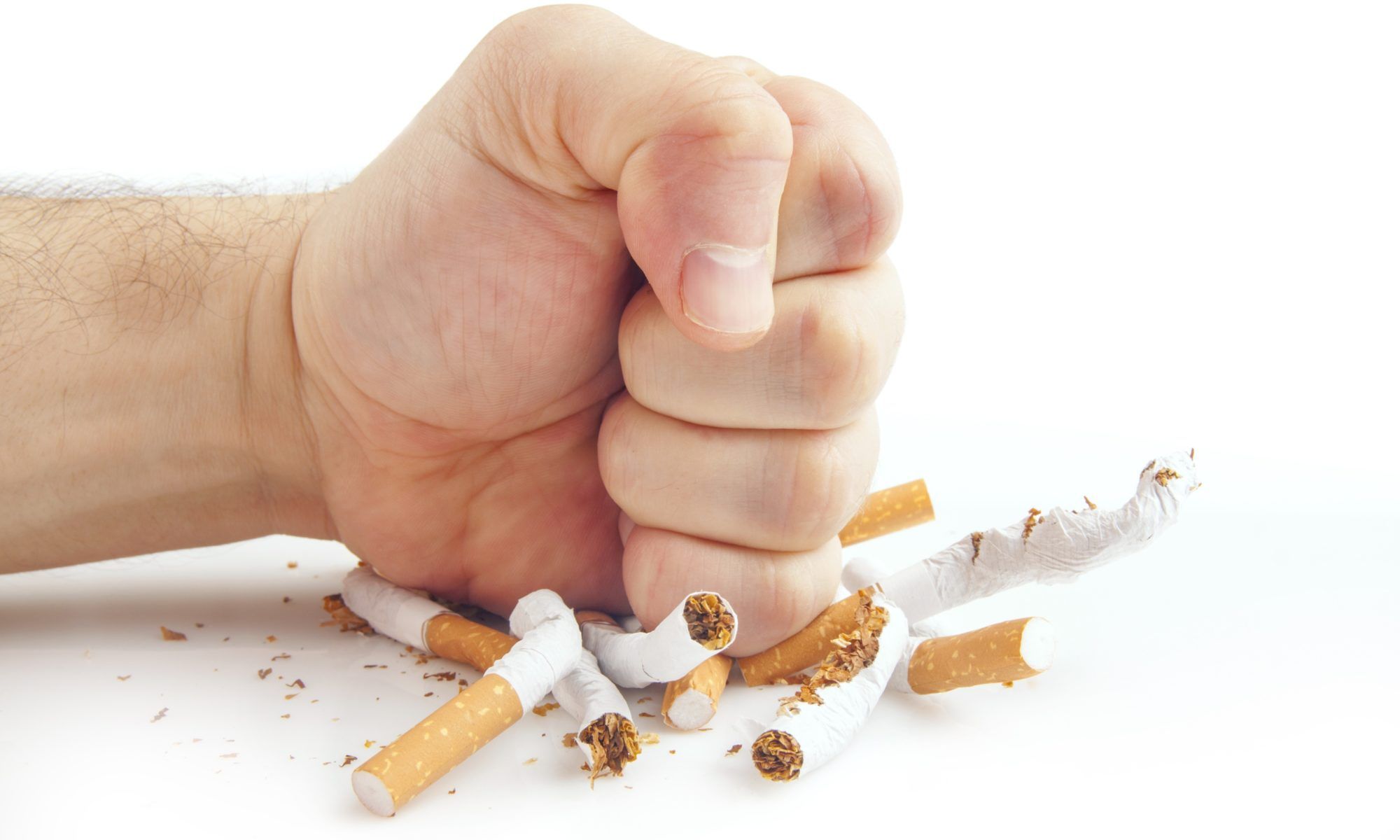
What Happens To Your Body When You Quit Smoking
With over 7000 chemicals released each time you light a cigarette, it's no brainer that smoking is the leading causes of deaths worldwide. Going by stats, there are 1.4 billion active smokers and half of them think of quitting every single day. So, let put some light on what actually happens when you stop smoking.
In as little as 20 minutes after the last cigarette is smoked, the heart rate drops and returns to normal. Blood pressure begins to drop, and circulation may start to improve. Cigarettes contain a lot of known toxins including carbon monoxide, a gas present in cigarette smoke. This gas can be harmful or fatal in high doses and prevents oxygen from entering the lungs and blood.
When inhaled in large doses in a short time, suffocation can occur from lack of oxygen. After just 12 hours without a cigarette, the body cleanses itself of the excess carbon monoxide. The carbon monoxide level returns to normal, increasing the body's oxygen levels. Just one day after quitting smoking, the risk of heart attack begins to decrease.

Smoking raises the risk of developing coronary heart disease by lowering good cholesterol, which makes heart healthy exercise harder to do. Smoking also raises blood pressure and increases blood clots, increasing the risk of stroke. In as little as one day after quitting smoking, a person's blood pressure begins to drop, decreasing the risk of heart disease from smoking induced high blood pressure. In this short time, a person's oxygen levels will have risen, making physical activity and exercise easier to do, promoting heart healthy habits.
When we smoke, we take in nicotine which releases more dopamine than normal which gives us the feeling of satisfaction but, smoking damages the nerve endings responsible for the senses of smell and taste. In as little as 2 days after quitting smoking, a person may notice a heightened sense of smell and more vivid tastes as these nerves heal. 3 days after quitting smoking, the nicotine levels in a person's body are depleted. While it is healthier to have no nicotine in the body, this initial depletion can cause nicotine withdrawal.
Around 3 days after quitting, most people will experience moodiness and irritability, severe headaches, and craving as the body readjusts. In as little as 1 month, a person's lung function begins to improve. As the lungs heal and lung capacity improves, former smokers may notice less coughing and shortness of breath. Athletic endurance increases and former smokers may notice a renewed ability for cardiovascular activities, such as running and jumping.

For the next several months after quitting, circulation continues to improve. Nine months after quitting, the lungs have significantly healed themselves. The delicate, hair like structures inside the lungs known as cilla have recovered from the toll cigarette smoke took on them. These structures helps push mucus out of the lungs and help fight infections. Around this time, many former smokers notice a decrease in the frequency of lung infections because the healed cilia can do their job more easily.
The risk of heart disease will decrease by half after quitting smoking for 1 year, and arteries and blood vessels will begin to widen after 5 years. Cigarettes contain many known toxins that cause the arteries and blood vessels to narrow. These same toxins also increase the likelihood of developing blood clots.
After 5 years without smoking, the body has healed itself enough for the arteries and blood vessels to begin to widen again. This widening means the blood is less likely to clot, lowering the risk of stroke. The risk of stroke will continue to reduce over the next 10 years as the body heals more and more.

After 10 years, a person's chances of developing lung cancer and dying from it are roughly cut in half compared with someone who continues to smoke. The likelihood of developing mouth, throat or pancreatic cancer has significantly reduced. After 15 years of having quit smoking, the likelihood of developing coronary heart disease is equivalent of a non smoker. Similarly, the risk of developing pancreatic cancer has reduced to the same level as a non smoker.
After 20 years, the risk of death from smoking related causes including both lung disease and cancer, drops to the level of a person who has never smoked in their life. Also, the risk of developing pancreatic cancer has reduced to that of someone who has never smoked. Smoking is a harmful habit that can lead to severe health complications and death. When a person quits smoking, the body will start to naturally heal and regain the vitality of a non smoker over time. Some effects, such as lowered blood pressure, are seen almost immediately.
Other effects, such as risks of developing lung cancer, heart disease, and lung disease take years to drop down to the levels of a non smoker. However, each year of not smoking decreases risk and improves overall health, making quitting an excellent choice for anyone who started the habit. The question is how to get over this addiction. There are some proven ways to do so but the biggest thing that works here is how willing you are to quit this habit. Your determination is what matters the most here.

Thank you so much for reading my post. Please stay tuned for more.

The is so much good thing that the law banned from us but this sickening and dangerous thing called cigarettes is still permissible.
Downvoting a post can decrease pending rewards and make it less visible. Common reasons:
Submit
Thank you for your comment :)
Downvoting a post can decrease pending rewards and make it less visible. Common reasons:
Submit
@originalworks
Downvoting a post can decrease pending rewards and make it less visible. Common reasons:
Submit
Nice and wonderful write up/ bkog. Wish all chronic smokers could get to find and read this post. Thanks for sharing
Downvoting a post can decrease pending rewards and make it less visible. Common reasons:
Submit
Thanks for your comment :)
Downvoting a post can decrease pending rewards and make it less visible. Common reasons:
Submit
It was worth spending time and reading such valuable post.
I am going to share it mate with all my smoke addicted friends. Hope to get few of them away from such harmful addiction.
Keep up good work :) !!!!!
Downvoting a post can decrease pending rewards and make it less visible. Common reasons:
Submit
Thank you so much !
Downvoting a post can decrease pending rewards and make it less visible. Common reasons:
Submit
Great content and very informative. If tax could put on triple higher than today, I bet smokers and one thinking of smoking now will decrease significantly and discourage respectively. Of course, the will of someone not to smoke anymore or not to try smoking are the best path to try..
Peace! Steem on!
Downvoting a post can decrease pending rewards and make it less visible. Common reasons:
Submit
Thanks for your comment :)
Downvoting a post can decrease pending rewards and make it less visible. Common reasons:
Submit